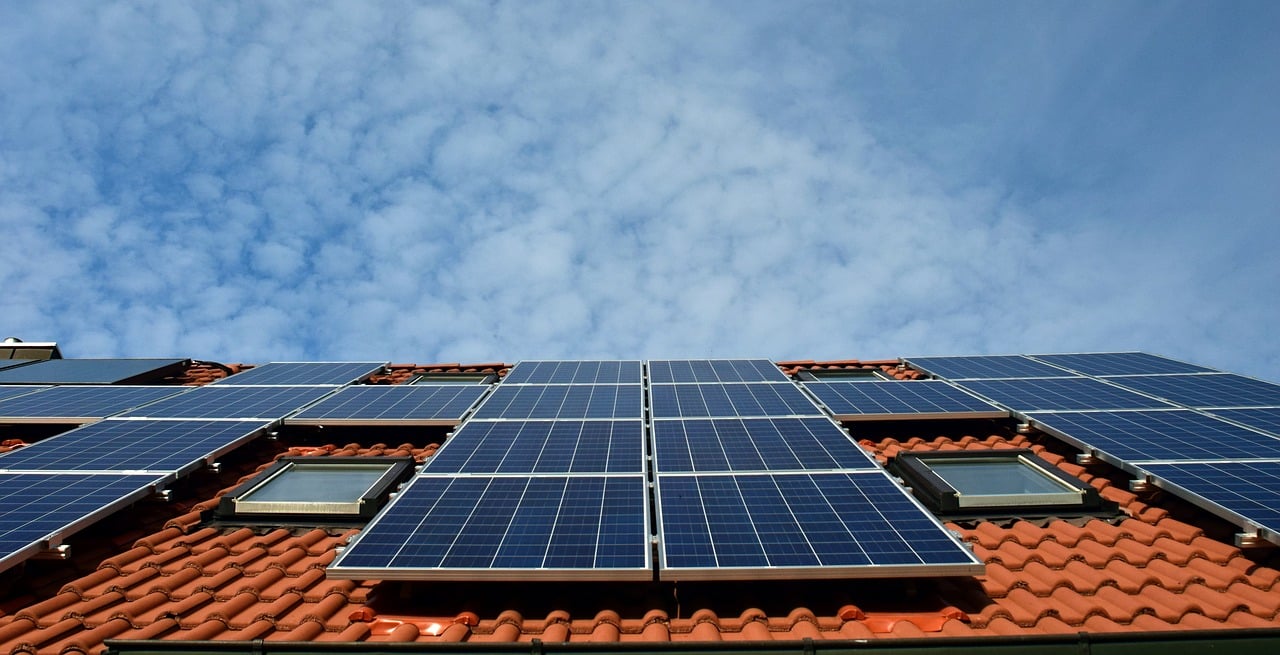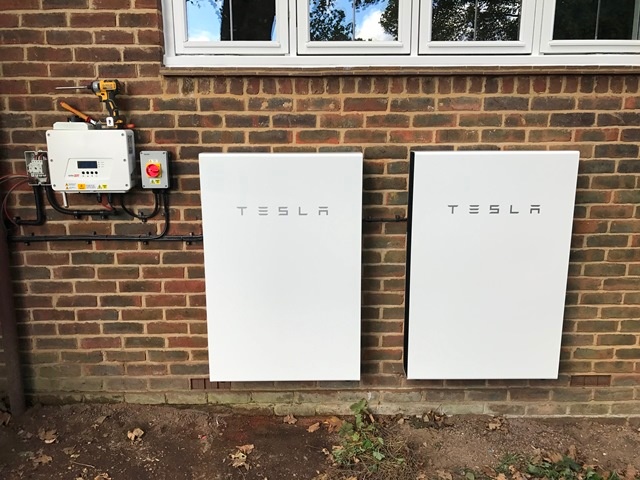
When your solar panels generate electricity, this has to be used on site at that moment or sent to the grid - unless your system is off-grid or you have battery storage to retain power on site for later use. But what happens to the excess electricity you send to the grid? That’s where an export tariff comes in - it’s the rate at which you’re reimbursed for every unit of generated electricity you sell to the National Grid.
The Smart Export Guarantee (SEG) is a legal obligation for larger electricity suppliers to offer an export tariff. It came into effect on 1st Jan 2020, with companies launching a range of different tariffs. The aim of the SEG is to ensure homeowners are paid for their excess renewable energy and to encourage suppliers to offer competitive prices for that energy.
Ofgem has confirmed to us that SEG payments are non-taxable, "as long as the installation is at the generator’s home and the amount of electricity generated does not significantly exceed the amount consumed."
The amount of solar generated electricity you use depends on which times of day you’re mainly at home. An average assumption for domestic solar panels is that 30% is used on site and 70% is exported, when the owners are out at work 9-5. If you’re at home during the day then you may use around 50%, while a commercial property is likely to use over 80% on site.

Since PV systems produce most power when the sun is at its peak, if you’re out during the day then you won’t be using this. Rather than exporting it to the grid, it’s worth considering home batteries to soak up this power to discharge later. As long as the cost of each battery storage slot is 10p or less (which it generally is), using your own electricity in this way will be more cost-efficient than selling to the grid for say 15p/kWh during the day and buying more for at least 22.36p/kWh in the evening.
Electricity discharged from home batteries is also eligible for the Smart Export Guarantee, as long as they are located alongside a small-scale renewable generator like solar PV. Therefore you could take advantage of peak and off-peak rates to charge up the battery at off-peak times, and then export to the grid when national demand is highest.
The average SEG tariff offers about 15p/kWh for exported solar energy.
Some suppliers offer more than others, and we have already seen tariffs develop as companies seek to win your custom and bolster their mix of renewable power sources to meet environmental targets. There are now favourable plans for existing customers, battery owners and more.
For more details, see our SEG tariff comparison.
The SEG is seen as a replacement for the previous solar subsidies, the Feed-in Tariff and Export Tariff, which both closed to new customers on 31st March 2019.
The Feed-in Tariff guaranteed people who installed a qualifying solar system money for every unit of energy they generated, whether it was used on site or not. The unit price was set at the time of install and guaranteed for the following 20 years. Every 3 months this price was reviewed based on the uptake of installs, and subsequently reduced.
The old Export Tariff was a further payment of around 5p per kWh, based on the assumption that 50% of energy was exported to the grid (whether it was or not!).
Both these tariffs were paid by the electricity supplier you registered with - the downside being this cost was passed onto all customers, regardless if they could afford to invest in solar or not. Of course, the upside was huge development in the solar industry which led to prices falling by over 50% in the last decade. And so now solar is able to support itself without subsidies and is affordable for many more people.
Try our online calculator to estimate the costs and returns of a solar system for your home.
Copyright © Spirit Energy 2026 · info@spiritenergy.co.uk · 0118 951 4490
Jobs and Careers
Interested in joining the Spirit team? Email jobs@spiritenergy.co.uk
Spirit House, 25 Albury Close, Reading, RG30 1BD
(Location formerly known as 44 Portman Road, Reading, RG30 1EA)
Spirit Energy is the trading name of Spirit Solar Ltd · UK Company Number 07138647
Although care is taken to ensure that the information on our website (www.spiritenergy.co.uk) and any guides, calculators or checklists provided by us, electronically or otherwise, are accurate and up-to-date, we cannot accept any responsibility for mistakes or omissions. We enter into no express or implied conditions, warranties, terms or representations regarding the quality, accuracy or completeness of the information. We exclude to the extent lawfully permitted all liability for loss or damage, whether direct, indirect or consequential arising out of your use of our website or any guides, calculators or checklists provided by us, or from any information or omission contained in our website or any guides, calculators or checklists provided by us.